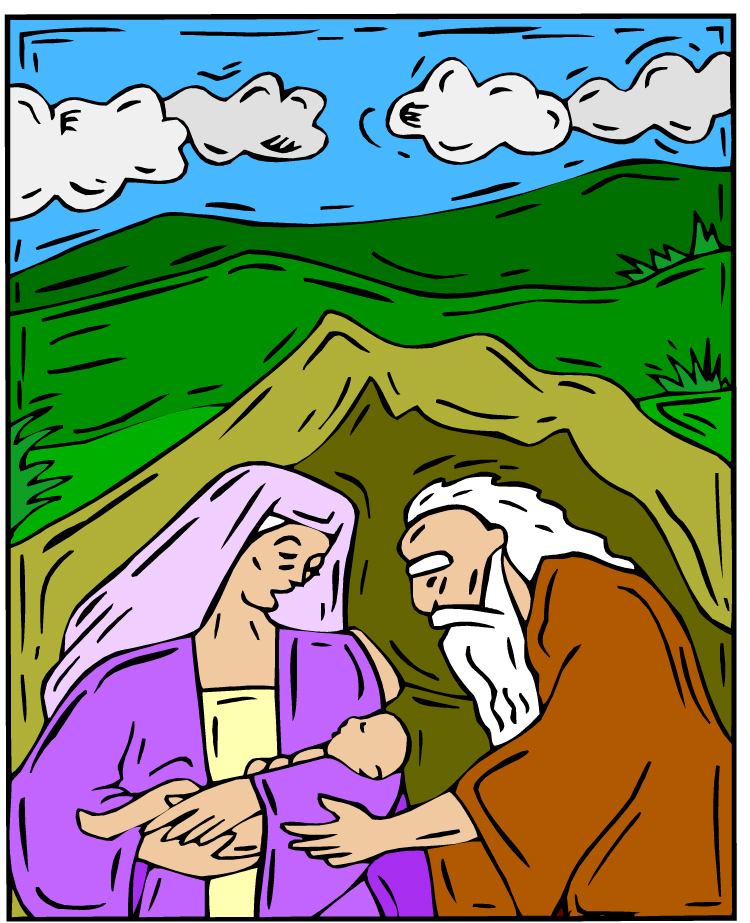Genesis 26:5, Because. Based on Paul’s teaching in Romans 4, we see that the Abrahamic Covenant is the model for salvation, which is salvation by grace through faith leading to or resulting in good works or righteousness (Eph 2:8–10).
From this verse, it might appear the Abrahamic Covenant wasn’t a faith-based covenant at all, but a works based one. In other words, Abraham had to do something to be counted righteous or to come into good standing with Elohim—a concept which is commonly referred to as “earning one’s salvation through one’s good works.”
The fact is that in the Abrahamic Covenant, Abraham only had to have faith and believe in YHVH to be justified or to be considered righteous by Elohim (Gen 15:6). It was on this basis that YHVH granted him “salvation.”
But this initial step of faith on Abraham’s part and the righteousness Elohim attributed to him was but the first step in Abraham’s faith walk. From that point, he had to walk out his faith and continue trusting YHVH (see also Gen 19:5).
The apostolic writers present the idea that one’s spiritual journey is a walk, not a one time event that occurs at the beginning of that walk. Our faith walk is more than just mental assent with a few emotions thrown in for good measure. It’s more than just following the golden rule about loving our neighbor in some nebulous sort of way. It involves faithfulness to YHVH’s instructions. James clearly states in his epistle that this is how one demonstrates the legitimacy of one’s faith when he declares that faith without works is dead (Jas 2:18, 20, 26; see vv. 12–26 for context).
Abraham demonstrated his faithfulness by his obedience to YHVH’s Torah or YHVH’s Word or voice. Furthermore, as a result of this obedience, YHVH promised to bless him beyond simply being granted initial salvation or righteousness.
This two-step approach or model still holds true in the Testimony of Yeshua. One is saved or delivered from the wages of their past sin (Rom 3:25), which is death (Rom 6:23) by their faith (initial salvation), and then one ceases from that sin by continuing in the good works of Torah obedience (Eph 2:8–10).
Moreover, Yeshua and the apostolic writers in numerous instances reveal that future rewards (both temporal and eternal rewards) come as a result of one’s good works (e.g. Matt 5:19). The ultimate reward is being granted eternal life and inclusion in the family of Elohim.



If I may share this poem because it seems to fit the act of belief, faith, prayer for empowerment to do His will for our lives: it’s called
“Be Prayed”
I didn’t feel like praying so I got down on my knees
And asked the LORD to help me for He’s the One who sees
And know what I need to ask before I even ask it
And believing I shall receive it, for in His name I asked it
Words of thanks preceded tears of sorrow over past sins and present
And I asked Him to forgive and cleanse me in thought, word and deed
To surround me in the light and peace of His Holy Spirit’s presence
To imbue me with the power to do His will in acquiescence
I poured my soul upon His throne and He gave it back to me renewed
And I asked not only this for me but I also asked for you
MRS CLB by Inspiration/ all glory to God
Hi Carol
sharing this beautiful poem is a lovely inspiration for me. You take care. Love in Messiah.
FJ